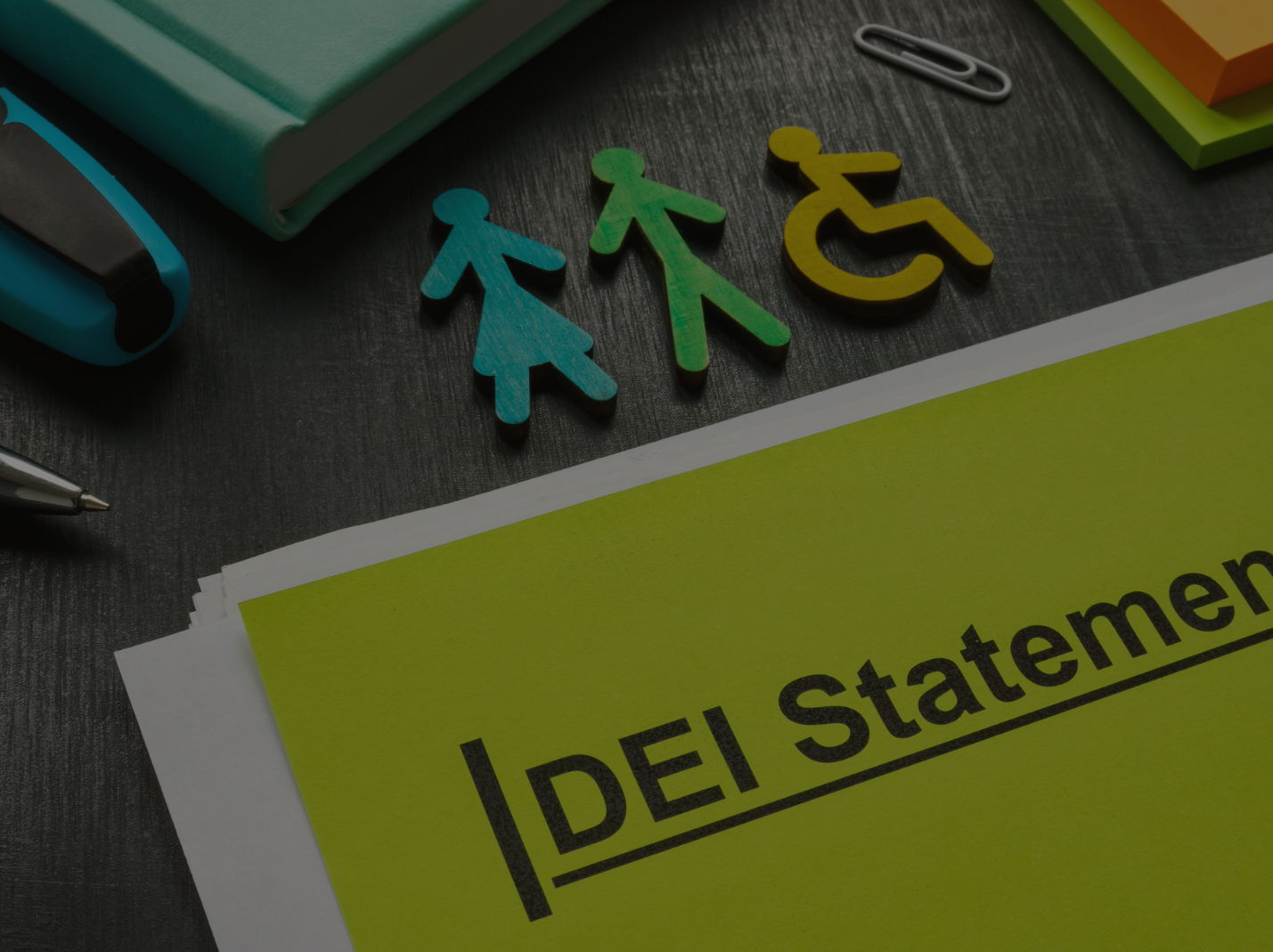
Editor’s Note: This article was originally published by RealClear Education on June 25, 2024. It is crossposted here with permission.
MIT’s announcement that it will no longer require prospective faculty members to submit “diversity statements” is good news for American higher education. Academic institutions around the world should follow MIT’s example.
“Diversity statements”, a one or two-page essay about the job applicant’s commitment to advancing diversity at the university often evidenced by stories from the past and/or their pledges for the future, have been increasingly used as a primary filtering mechanism for faculty hiring. Young scholars seeking to enter the profession, who have spent years pouring themselves into the highly specialized scholarly literatures of their fields, found themselves at the gateway to the profession pitched a hard curve: write an essay that will convince some unknown hiring committee of the depth and sincerity of your commitment to the ill-defined goal of “diversity and inclusion.”
Only a bigot could oppose such a requirement, right? Hardly. As MIT recognized, this recent fad in academic hiring may have begun with the best of intentions, but the experiment failed.
First, requiring DEI statements of job applicants, in practice, has routinely functioned as forced political speech. Not everyone who affirms the ideal of a racially “inclusive” university agrees about what, exactly, the pursuit of that goal requires. Similarly, not everyone who affirms the goal of racial justice affirms the recently popular theory of equity.
Equity is a controversial ideological view. It states that justice is defined by proportional representation by identity group. But widely held, reasonable alternative views about the requirements of racial justice—most notably the civil rights approach, which emphasizes equal opportunity and individual merit—have been crowded out, or even explicitly rejected, by the diversity bureaucracies at many universities.
But there is more: there’s no evidence that requiring diversity statements has made hiring more fair or improved the university experience for any student. That should be little surprise because the fierce competition for faculty jobs means that applicants are strongly incentivized to tell hiring committees what they want to hear.
Ironically, those who struggle at this value-signaling task – including international, working-class, and neurodivergent applicants – may nonetheless have done a great deal to reach underrepresented students. Most obviously, not everyone from a minority group rejects the civil rights ideal, the ideal of working towards a color-blind society where people are judged as individuals, and therefore on the basis of their ability, accomplishments, and character—rather than primarily and permanently on their membership in some (ill-defined) identity group.
But while the diversity statement hiring requirement didn’t achieve its naive goals, it has served to undermine a central value of academia: open inquiry.
“Diversity” is a hotly contested concept, and “DEI” even more so. Asking for a commitment to such values, while leaving them undefined, has an inevitable chilling effect. Clearly there is a ‘right’ answer, so applicants on Left and Right must consider what it is – and how willing they are to parrot it back. The diversity statement requirement exerts a corrupting force against young scholars entering the profession, and even against established scholars seeking to move to new universities. Integrity, saying what you believe and believing what you say, is central to the ideal of scholarship. By undermining the integrity of applicants, the diversity statement requirement erodes the ideal of scholarship itself.
Law professor Eugene Volokh illustrates the moral hazard of this approach with a simple thought experiment: imagine asking prospective faculty for the same kind of required statement of contributions and commitments, except to “the war effort” instead of to diversity.
University leaders might have good reasons to support a war, or to oppose one. But requiring applicants to declare one way or the other would be a shoddy way to invite scholars into a community of open inquiry. Nor would such an approach be likely to foster a culture of healthy debate. Certainly, it would not be a process likely to recognize and reward scholars with intellectual courage and personal integrity. Quite the opposite.
At many schools (but not necessarily MIT), diversity statements have gone beyond implicit pressure, and have been used as blatant litmus tests for ideology. As the National Association of Scholars has shown, many universities evaluate diversity statements using a politicized rubric that penalizes applicants for a list of specific, undesirable opinions – including the civil rights metric mentioned above: pledging to “treat everyone equally.”
Quoting Martin Luther King might be fine for the federal government, but don’t try that if you want a job teaching chemistry at a university that requires diversity statements.
Leaders of great universities, like the president and department chairs at MIT, have special duties related to diversity. They must not discriminate. They must hire professionally excellent, and ethically sound, faculty. They must foster a culture of encountering human differences with intellectual curiosity and mutual respect.
Further, leaders at such universities must practice the cardinal virtue of intellectual humility. This means that they must examine their own systems for bias and blind spots: subtle ways that the best academic talent may end up sidelined and excluded. That’s what “diversity statements” have done. It’s time to turn the page. We applaud MIT for showing the way.
Image by Vitalii Vodolazskyi — Adobe Stock — Asset ID#: 554597104